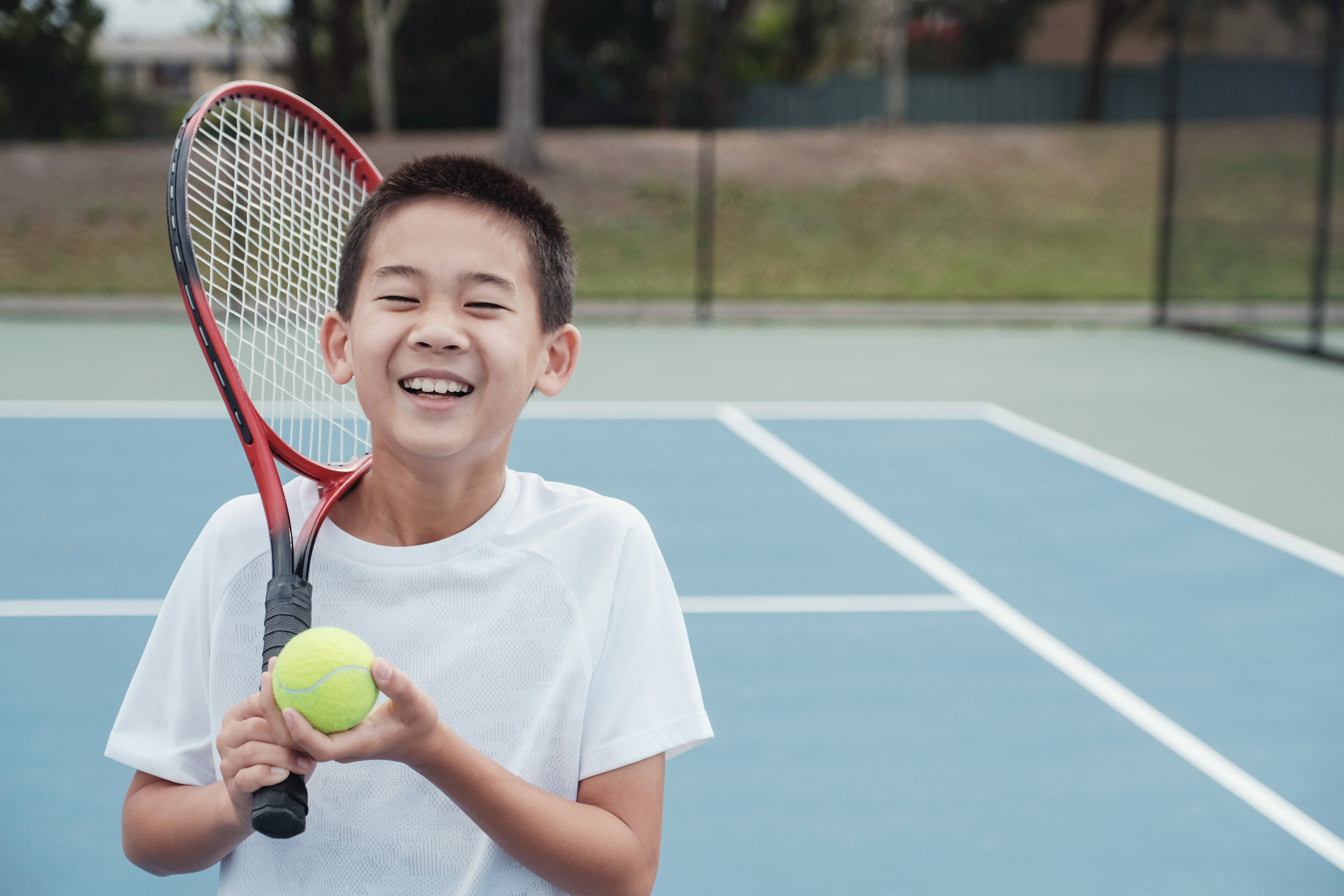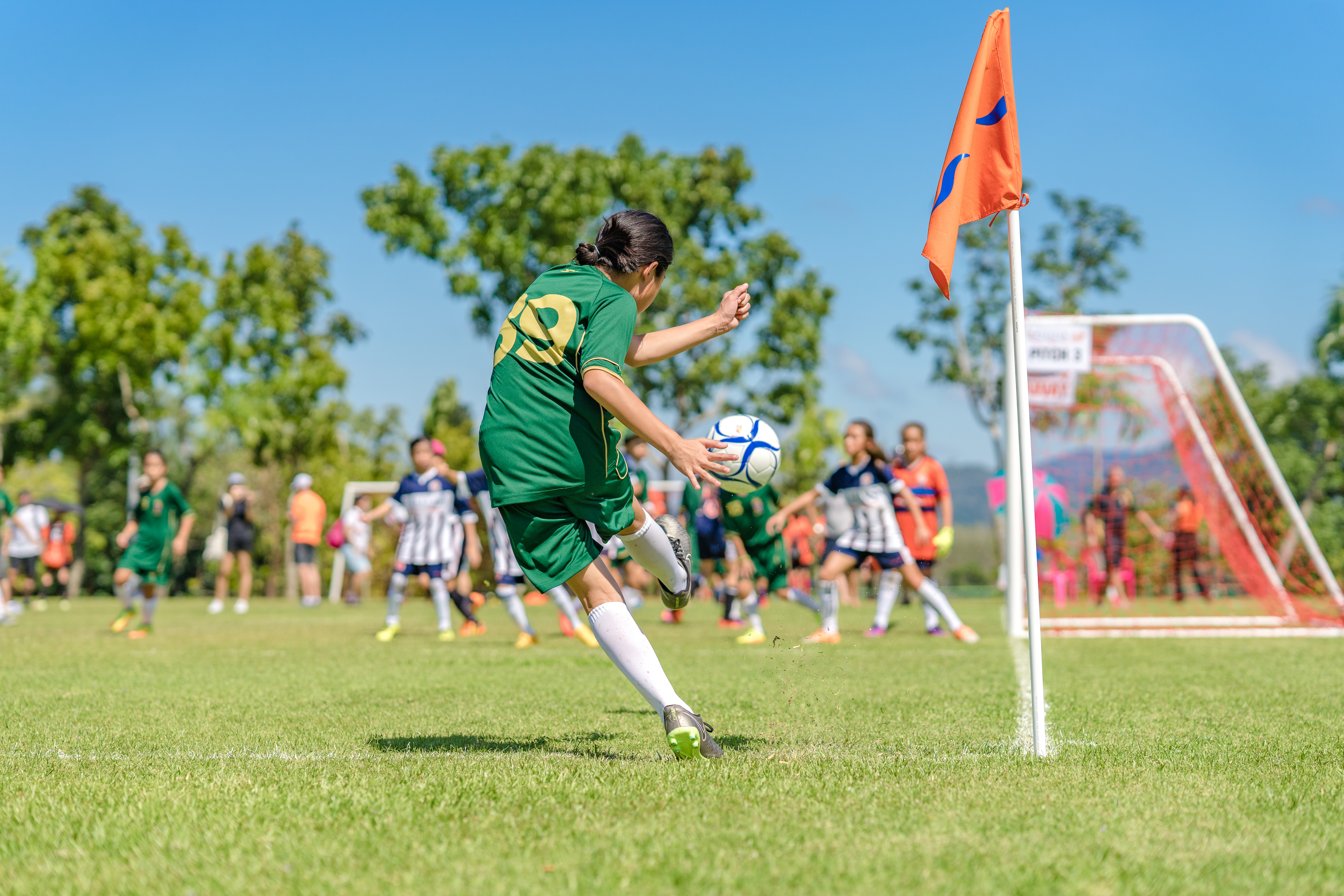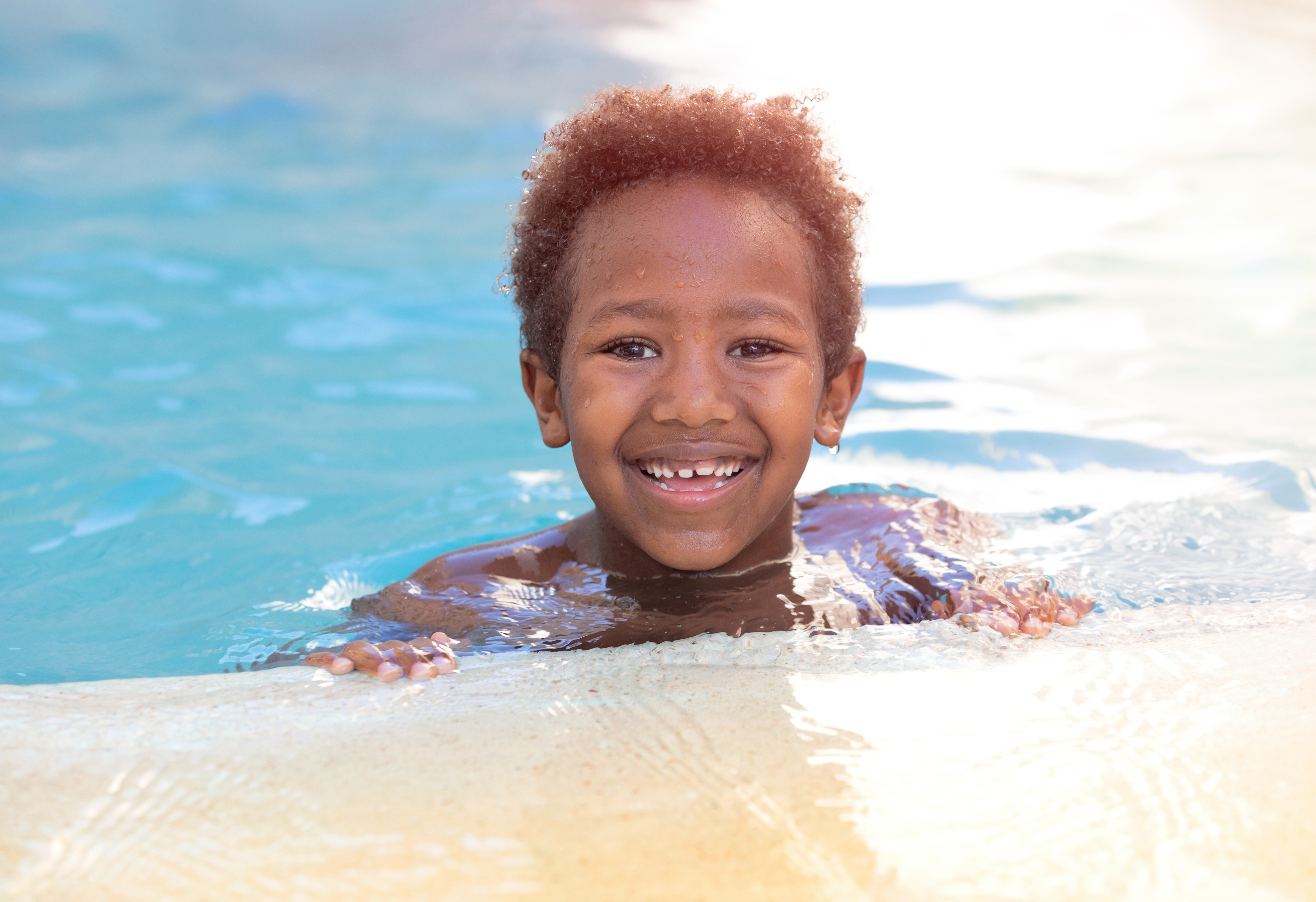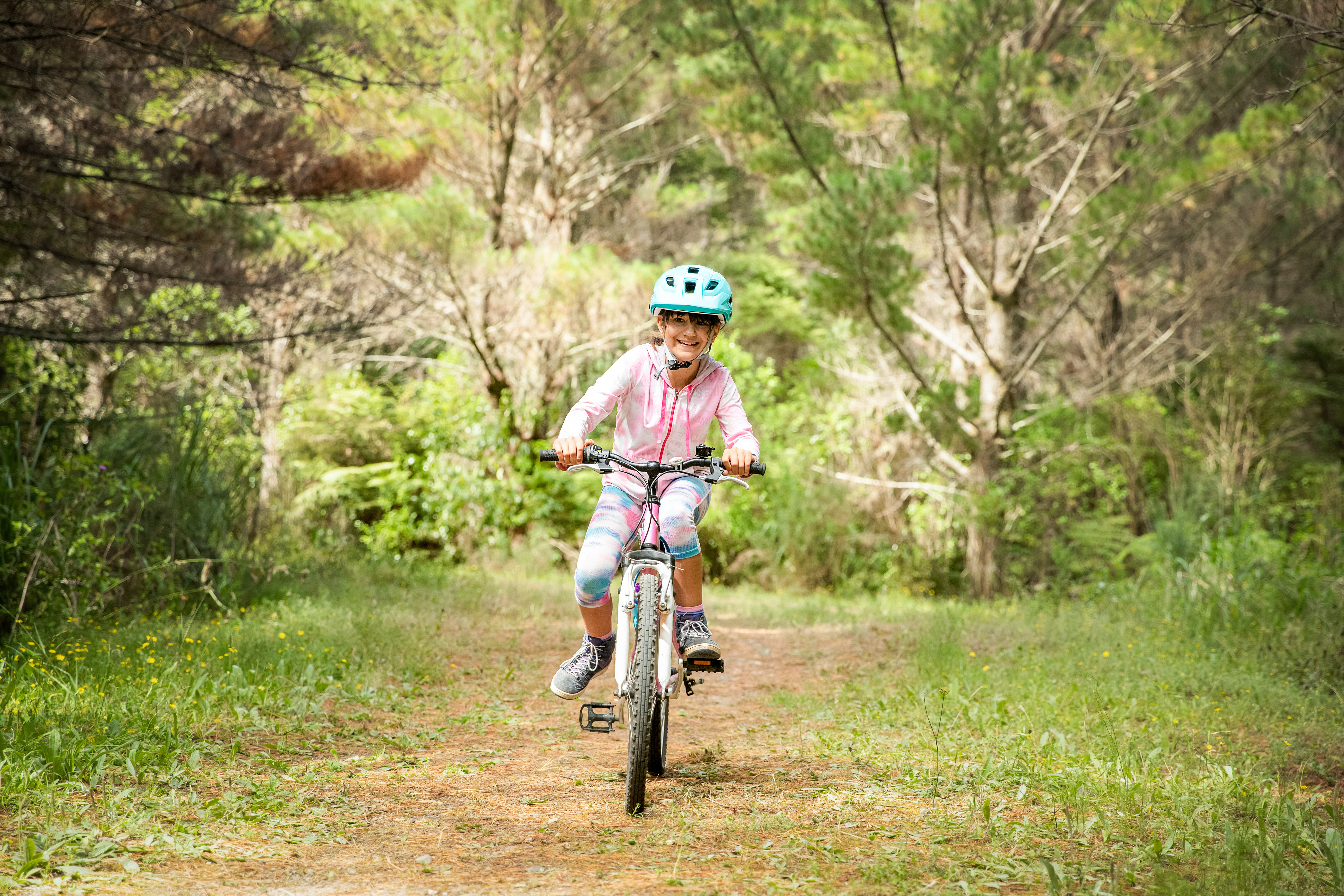Blog
Youth Sports Can Provide Healing & Connection
.jpeg)
Playing youth sports is an important part of the development of many young people. Sports help kids learn to move their bodies safely, encourage them to spend time outside, foster teamwork, and provide a structure for mentorship. These are all important ingredients for a healthy childhood. If executed badly, however, sports can leave kids feeling stressed out, isolated, and devalued. Unfortunately, many kids are having exactly that experience with youth sports in the U.S. The youth sports sector has been seeing an increase in burnout and quitting among participants. This is likely due to several factors. First, many youth sports leagues have become increasingly focused on winning over youth development outcomes. Second, youth sports are becoming increasingly inaccessible due to expensive registration fees, hefty equipment requirements, high parental engagement expectations, and lack of transportation support. If we want all kids to reap the benefits of recreation, we need to shift the culture of youth sports in the U.S.

One pathway for creating a more inclusive youth sports culture is updating training for coaches. Coaches are on the front lines of engaging with kids and crafting team norms. In most cases, coaches want to do their best for the young people they’re working with, but they may not have the tools to understand and manage what’s going on for their players off the field. Coaches often have expertise in the rules of their sport or strategies for winning, yet they may not be experts when it comes to the social emotional development of kids or trauma-informed group management approaches. Many organizations focus on providing support for coaches who want to create safe and positive team environments, but one group at the forefront of this effort is the Center for Healing and Justice Through Sport (CHJS).

The staff at CHJS know that recreation is a powerful mental health intervention, but only if done right. CHJS works directly with coaches and youth sports programs to offer training and program design consultation to promote recreation environments that are welcoming to all community members and responsive to the needs of the youth athletes and their families. When coaches create opportunities for kids to feel safe, connect to community, and have fun, it can help ease stress and boost healthy brain development. This is essential work as we face a youth mental health crisis and loneliness epidemic. We need to pull more kids into recreation, not push families out through high barriers to entry and overly intense competition environments.

While program design and coach training are at the core of what CHJS does, system-wide change is also part of its agenda. CHJS supports efforts to implement regulatory bodies in youth sports that oversee minimum training requirements for coaches and build infrastructure to encourage child-focused community programming rather than profit-driven youth sports companies. CHJS also works behind the scenes to boost community equity coalitions that address issues of access in youth sports. This multifaceted approach is all designed to holistically change the way kids are experiencing youth sports programming and create alternatives to expensive win-at-all-costs leagues.

Ultimately, kids need spaces where they can be themselves, build connection, and play freely. While many kids aren’t currently able to find this in youth sports, a strong movement is actively working to course correct and put youth development back at the center of recreation programming in the U.S. NRF is proud to support nonprofits offering thoughtful and child-centered outdoor recreation programming.
